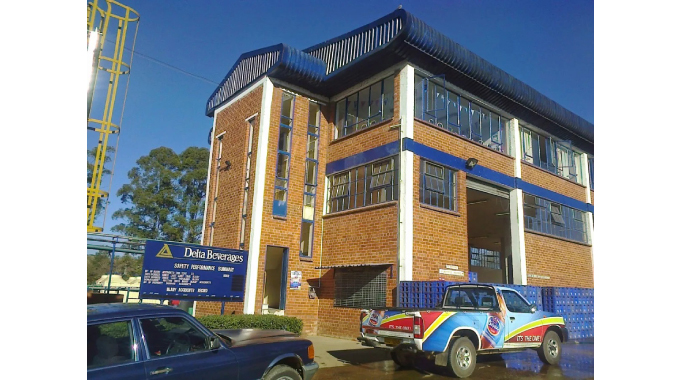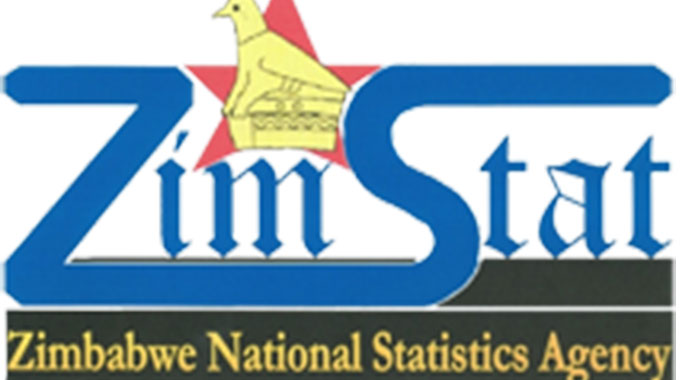Delta benefits from inflation slowdown, Government policy

Business Reporter
LISTED beverages giant, Delta Corporation Limited, has reported increased foreign currency transactions and high consumer spending spurred by the slowdown in inflation and positive policy interventions by the Government, which have eased exchange rate volatility.
Zimbabwe’s annual inflation fell from 285,1 percent in August to 243,8 percent in December 2022, with monthly inflation closing the year at 2,4 percent from a peak of 30,7 percent, according to ZimStat.

In the 2023 National Budget, Finance and Economic Development Minister Professor Mthuli Ncube said national annual average inflation is projected to continue slowing down to double-digit levels this year, underpinned by continued tight monetary and fiscal policy stance, and a stable foreign exchange market.
Delta said during its third quarter period ended 31 December 2022, there was a considerable slowdown in inflation and exchange rate volatility in response to some policy interventions, which resulted in increased foreign currency transactions and constrained Zimbabwe dollar liquidity.
“The third quarter witnessed a slowdown in inflation and exchange rate volatility in response to some policy interventions, which resulted in increased foreign currency transactions and constrained Zimbabwe dollar liquidity,” said the company. “Consumer spending remains high, benefiting from the stable US-dollar pricing, improvements in wages and salaries across various sectors, and a buoyant informal sector, particularly in mining.”

Professor Mthuli Ncube
Delta, which attributes relative stability in the market to moderate-high growth in various business units, says future growth will be maintained by the installation and commissioning of an additional packaging plant in the first half of the year.
For instance, the installation of additional production capacity for Chibuku Super Banana flavour at Harare brewery is in progress for commissioning during the first half of 2023.
This will result in increased supply once packaging capacity and supply chain bottlenecks are addressed, it said a trading update for the period under review.
With ongoing capital investment projects progressing according to plan and expected to contribute to business performance in the coming financial period, the company said volumes in the lager beer brand grew by 17 percent for the quarter and 18 percent for the nine months compared to the same period last year.
During the period product supply was stable although there were intermittent gaps arising from outages in power, water supplies, mismatches in demand, and supply of brands and packs.
“We continued to uprate our production capabilities, which are supported by the injection of glass bottles and improved asset care. The business continues to invest behind the brands and to focus on market-facing activities,” said Delta.
The sorghum beer volumes in Zimbabwe grew by 11 percent for the quarter compared to the prior year and is up 12 percent for the nine months.
The Chibuku Super Banana flavour, which was launched in June 2022, is gaining attraction in the market and it is expected to sustain the momentum once packaging capacity and supply chain bottlenecks are smoothed out.
“There is an encouraging uptake of Chibuku Super, which is being seeded into the market ahead of the planned investment in local production capacity in the coming financial year,” said Delta.
Sparkling Beverages volume grew by percent for the quarter and is up 14 percent for the nine months.
On the financial performance, revenue grew by 44 percent for the quarter and 53 percent for the nine months in inflation-adjusted terms compared to growth of 407 percent and 419 percent for the quarter and nine months respectively in historical cost terms.

The Chibuku Super Banana flavour
“The Zimbabwe businesses recorded a significant increase in the proportion of foreign currency sales during the quarter to beyond 70 percent,” said Delta.
“There was a corresponding increase in the purchases settled in foreign currency, as the economy dollarised.”
The firm said it remains focused on exploiting the opportunities arising from activities that generate aggregate demand such as infrastructure development projects, mining activities, and diaspora remittances.










Comments